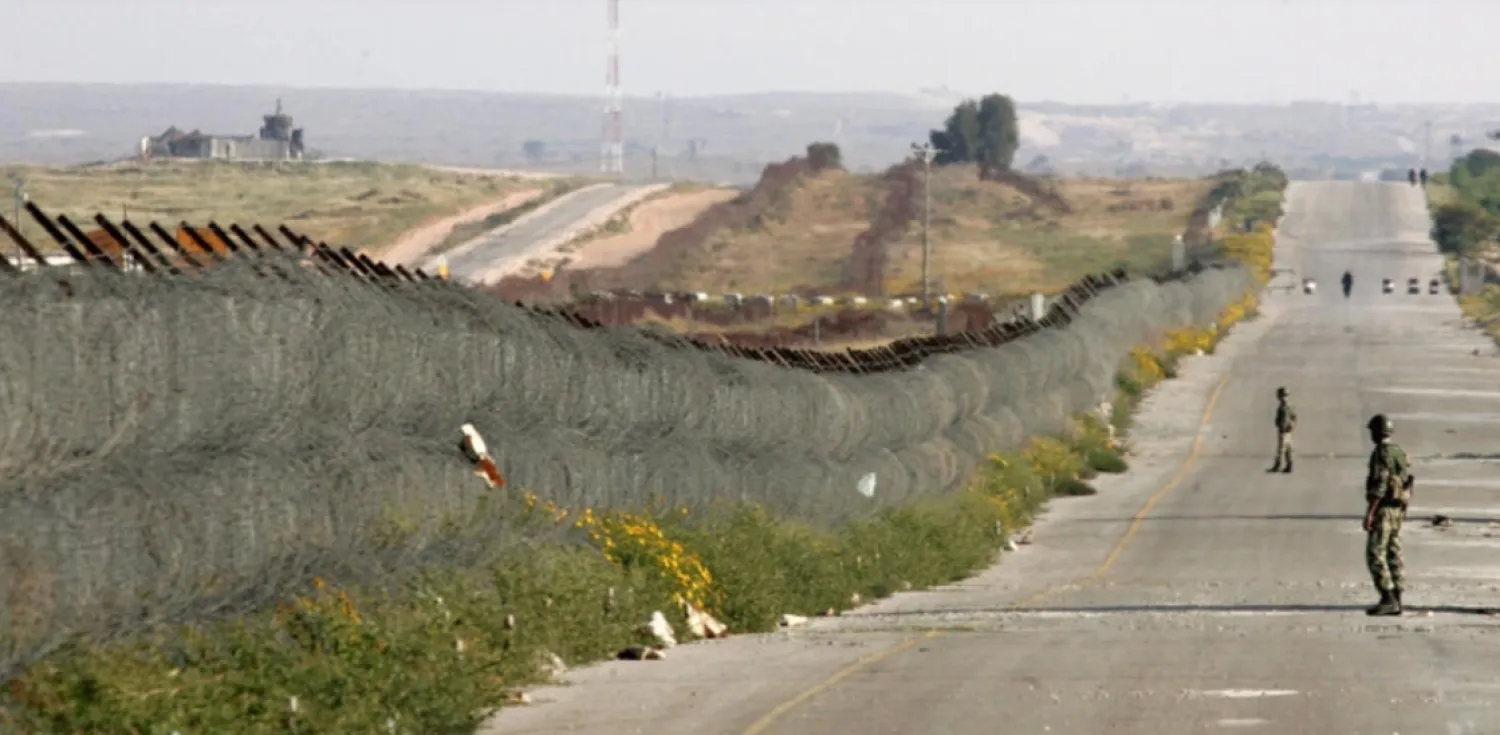DEgypt reiterates that it has not accepted an Israeli presence in the Rafah border crossing or Philadelphi corridor, state-affiliated Al Qahera News TV quoted a senior source as saying on Monday.
A key sticking points in Gaza ceasefire talks mediated by the United States, Egypt and Qatar has been Israel's insistence on a presence in the so-called Philadelphi Corridor, a narrow 14.5-km-long (9-mile-long) stretch of land along Gaza's southern border with Egypt, Reuters reported.
Meanwhile, more than 40,435 Palestinians have been killed and 93,534 have been wounded in Israeli military offensive on Gaza since Oct. 7, the Gaza health ministry said in a statement on Monday.









